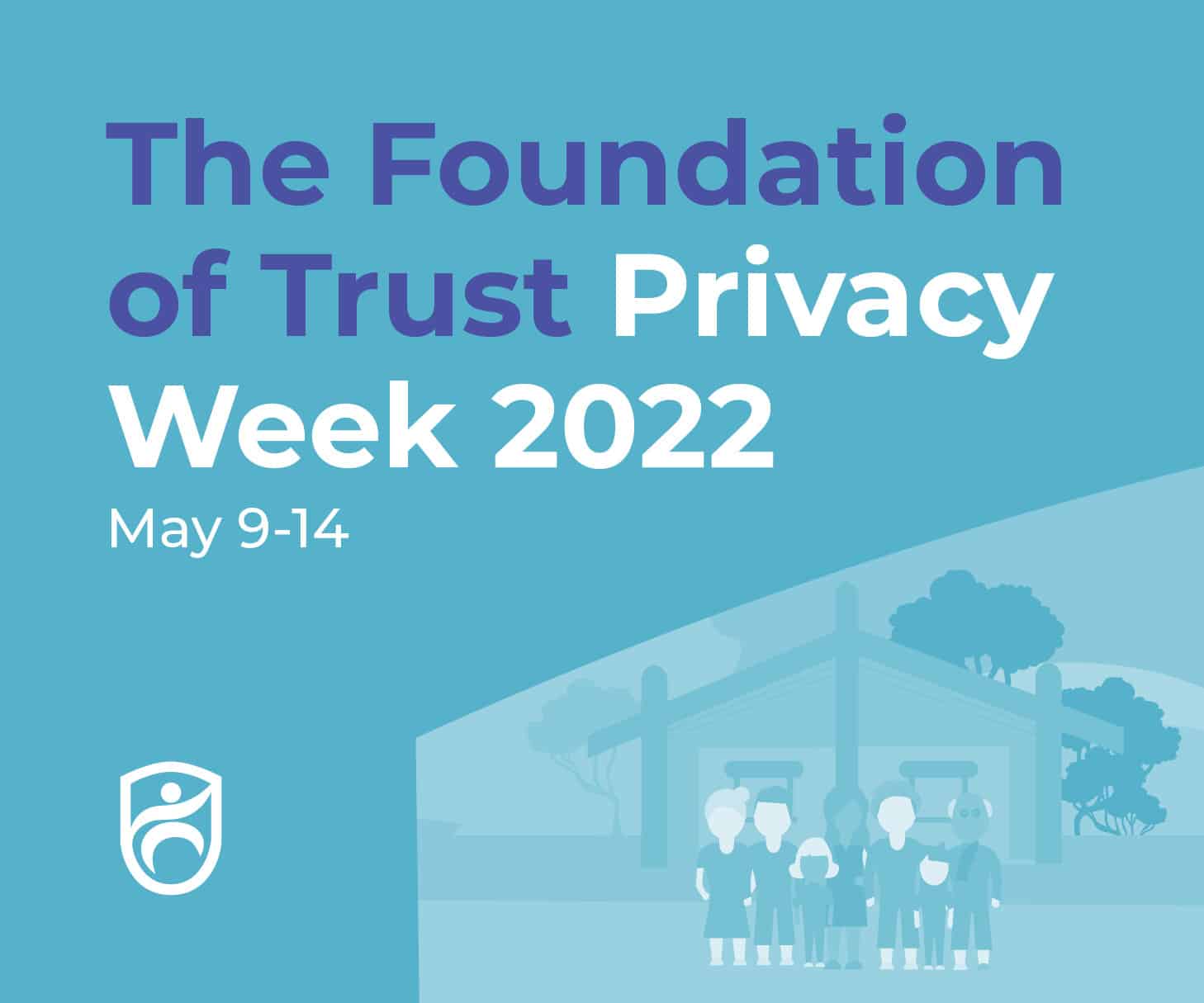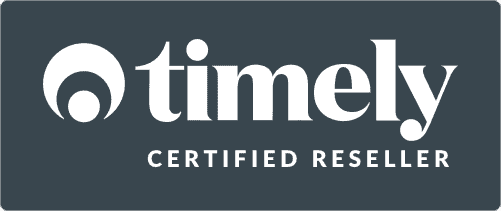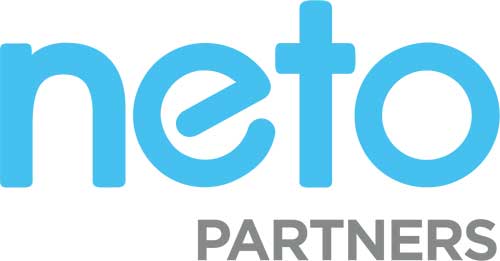The importance of data privacy

It’s common knowledge that the internet has expanded exponentially over the past decade, but not everyone has updated their privacy and security skills along with it. We all know that privacy is an essential element to our safety on the internet but there are so many areas that it can be applied to, such as social media, general browsing, protecting your website, and protecting your crm data for your clients. With it being privacy week this week, this blog will inform you of some of the key skills you need to keep you, your business and your clients protected so you can have peace of mind about your internet presence.
The difference between privacy and security:
Data privacy, also known as information privacy, generally refers to the handling, processing, storage, and usage of personal information and details. Recent data privacy laws and procedures are all about respecting the rights of individuals to keep their personal information safe and private. Data security on the other hand, is a process that ensures data privacy. It focuses on protecting data from any unauthorised third-party access, cyber-attacks and exploitation of data. Understanding both of these is important because they both play a part in keeping your data safe. Remember, privacy is how you organise and store your information, and security is the systems you use to protect it.
Why Data Privacy Is Important for Businesses
Why Data Privacy Is Important for Businesses
Data privacy plays an essential role in growth and success of business. In absence of it, outsiders get access to secret data easily and problems are created. Sometimes this data goes into the hands of bad people and they create obstacles in the way of your development or make success on the behalf of your ideas. Data privacy controls all of this and you can pay your full attention to business. Misuse of data will spoil and damage a business reputation. It takes a long time to establish a name in the business market and when this is spoiled and damaged, it takes years and years to get it back again. Data privacy gives us relief from this worry and our data remains safe and secure.
Data protection for small businesses is especially important because data breaches and losses can end up costing a significant amount of money. When a company does not protect its sensitive information and allows data breaches to occur, it can take a reputational hit. As a result of this lost reputation, an organisation can see a drop in revenue from dissatisfied customers. Organisations can also suffer from fines for not complying with security regulations, leading to financial strain a small business may not be able to handle.
Competitive differentiation and Competitive Advantage
Keeping your privacy regulation up to date can actually give you a competitive advantage.
A Forbes Insights report stated that 46% of organisations suffered damage to their reputation and brand value due to a privacy breach. Organisations that explicitly make clear that protecting the privacy of their consumers is a primary goal, care about their consumers’ privacy, and support meeting that goal with transparent and consistently followed privacy practices that demonstrate this care, will build trust for their brand, which will improve brand value.
Close to 75% of internet-using households in the US had significant concerns about online privacy and security risks in 2017, and 1/3 of these indicated that they chose to give information online because of those worries. These significant worries about privacy, and how it impacts the actions of the public, demonstrate that if your organisation can show that you truly care about the privacy of the personal data you collect and process, you will have a significant advantage over your competitors who don’t make privacy a priority.
Why Customers Care about Privacy
If a data breach were to occur, it would cause customers personal details to be compromised causing it to lose revenue and clients. Data breaches can cost up to $3.92 million to fix and could endanger customers of having their money, private information and even identity stolen. However all this can be prevented by backing up your crm and putting some precautions in place to protect it.
Protecting your website
Protecting your website is very important when it comes to privacy, because it is a gateway to many other areas of your business database. Here are some ways that you can protect it from hackers or other possible threats
- Backup your website. When a security issue on your website has been identified, website backups help you quickly resolve problems by allowing you to restore your website to when that backup was created. It also can minimise service interruptions and revenue loss.
- Get an SSL certificate. The primary function of an SSL certificate is to protect sensitive data. The SSL certificate will also verify and confirm your website identity. This reassures all your potential customers that you are not a fake website trying to steal their information.
- Keep your website updated. Just like any piece of technology, websites have regular software updates and patches. These updates contain necessary website security upgrades against potential attacks on your website. Update your website weekly to prevent security breaches. When updates don’t happen, it creates a hole or a weak point that a hacker could use to break into your website.
General rules for internet activity:
Here are a few of the small basic things you can do that will make all the difference in keeping you safe when you browse the internet. Limit the personal information you share on social media (whether it be for your personal account, or your business), browse in incognito or private mode, use a secure search engine, use a virtual private network, be careful not to click on suspicious redirects or promotions, use two-factor authentication for all your accounts, use a quality anti-virus software. These are some basic tools that will prevent just about any danger to the privacy of your personal accounts.
Privacy is becoming an increasingly important element for any business. Here at mello we are committed to providing our clients with websites and marketing tools that are safe and secure for your business. If you would like to work on your website or optimise your CRM with a business that values privacy and security as much as we do, get in touch with our team.





